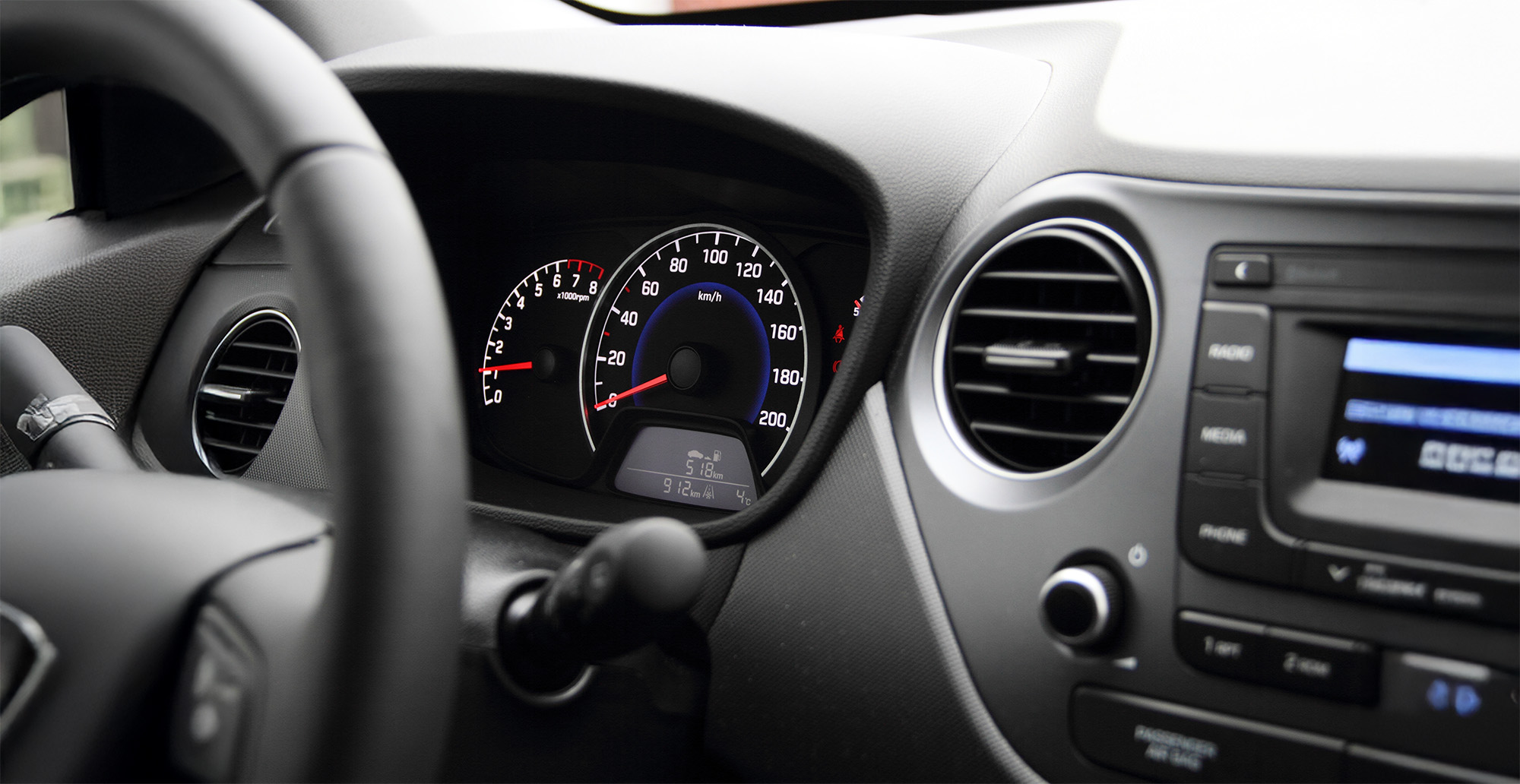
Odometer fraud occurs when a car dealer intentionally alters the mileage on an odometer, or misrepresents the mileage, to make it appear as though the car has been driven less than it actually has. This is a deceptive practice used by some car dealers to inflate the value of a vehicle. By rolling back, disconnecting, or resetting the odometer, unscrupulous dealers can make high-mileage vehicles appear newer and more desirable to unsuspecting buyers. If you suspect you’re a victim, please don’t hesitate to contact the knowledgeable New Mexico car dealership fraud lawyers here at Feferman, Warren & Mattison for a free consultation.
Yes. Under both federal and New Mexico state law, odometer tampering is illegal. The Federal Truth in Mileage Act (TIMA) prohibits tampering with a motor vehicle’s odometer and requires dealers to provide accurate mileage disclosures during transfers of ownership. New Mexico law also includes provisions under the Unfair Practices Act (UPA) that make it unlawful for a seller to misrepresent a vehicle’s condition, including its mileage. If a car dealer has rolled back an odometer or misrepresented the mileage of a vehicle during a sale, they may be subject to serious civil liability.
Most often, odometer fraud is found in used car sales. This can result in unsuspecting buyers paying far more than the car is worth and also potentially dealing with significant maintenance issues much sooner than expected.
If you purchased a used vehicle and something about it doesn’t seem right, you may be wondering how to tell whether odometer fraud occurred. There are several warning signs that could indicate a discrepancy in a vehicle’s mileage.
First, get the title certificate and title history from the Motor Vehicle Department. These documents will contain mileage disclosures at various points in time, when the vehicle has had ownership transfers. See if the mileage increases over time and whether it appears to match up to what the mileage on the odometer is now.
Another clue may be the condition of the vehicle itself. Excessive wear and tear on the pedals, steering wheel, driver’s seat, or floor mats could indicate that the vehicle has more miles than the odometer suggests. A car showing 40,000 miles shouldn’t have the kind of interior wear you’d expect on a vehicle with over 100,000 miles.
Also, if service records are available, look for mileage entries. Reputable mechanics usually record mileage each time the vehicle is serviced. Discrepancies between those records and the current odometer reading could be important evidence.
If you suspect something is off, you should reach out to a seasoned consumer protection attorney. At Feferman, Warren & Mattison, we help clients throughout New Mexico identify and investigate potential cases of odometer fraud.
If you believe you’ve suffered odometer fraud, it’s important to act quickly. Keep all documents related to your purchase, including the bill of sale, warranty documents, title paperwork, and any service records you’ve obtained. These documents may contain evidence that supports your claim.
Most importantly, speak with an experienced consumer law attorney. At Feferman, Warren & Mattison, we have decades of experience handling auto fraud cases, including those involving mileage misrepresentation and odometer tampering. Depending on the facts, you may be entitled to compensation under the federal Truth in Mileage Act, as well as New Mexico’s Unfair Practices Act.
You don’t have to deal with this alone. Odometer fraud is a serious violation of your rights as a consumer. We are here to help you understand your legal options and guide you through every step of the process. If you suspect that a dealer has misrepresented your vehicle’s mileage, contact Feferman, Warren & Mattison today for a free consultation.
© 2026 Feferman, Warren & Mattison. All rights reserved. Attorney advertising.